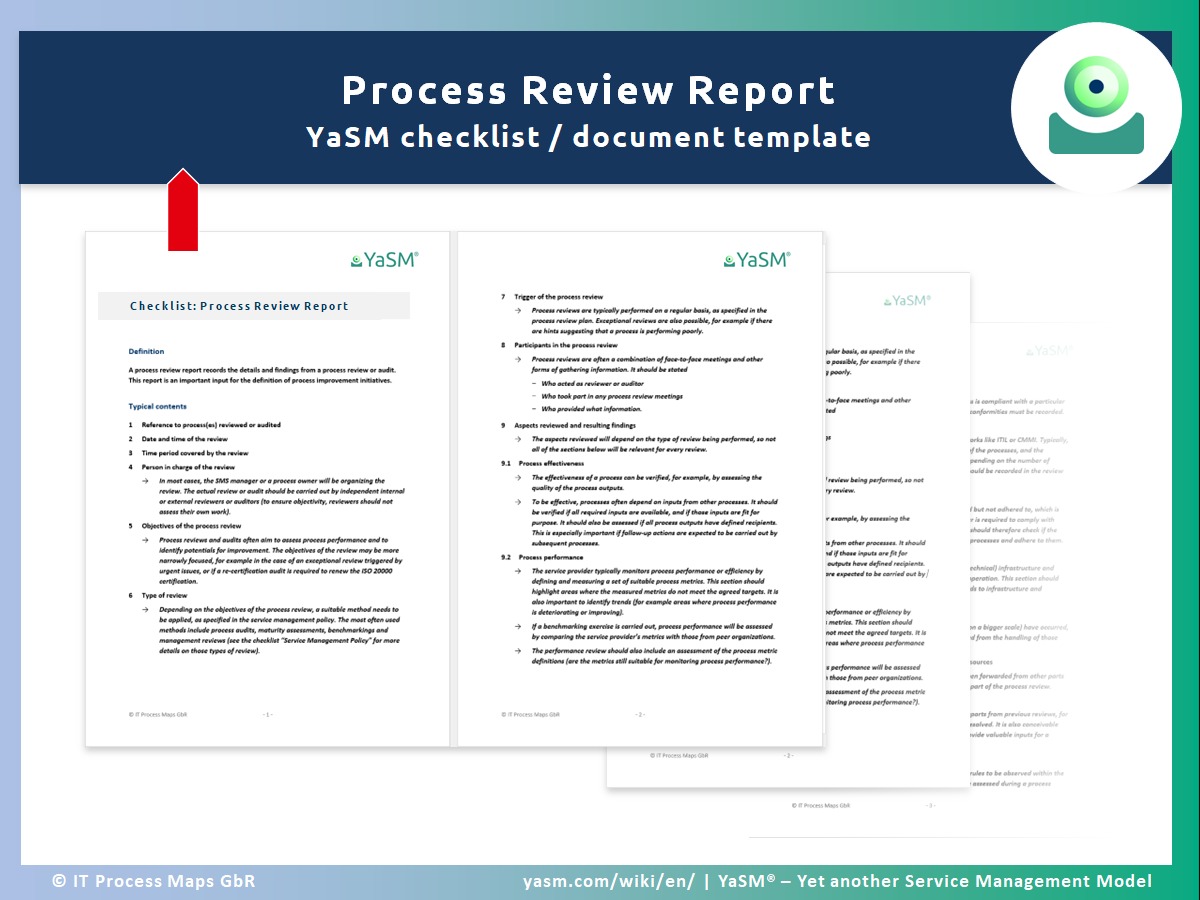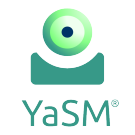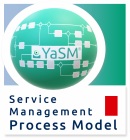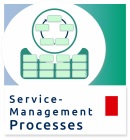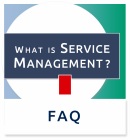Process Review Report - Template
Definition
A process review report records the details and findings from a process review or process audit. This report is an important input for the definition of process improvement initiatives.
Related YaSM service management process: Set up and maintain the service management system
More checklists and document templates: Service management checklists
Typical contents
A process review report typically contains the following information:
| Content | Description |
|---|---|
Process to be revied |
Reference to process(es) reviewed or audited. |
Date and time |
Date and time of the review. |
Time period |
Time period covered by the review. |
Person in charge |
In most cases, the SMS manager or a process owner will be organizing the review. The actual review or audit should be carried out by independent internal or external reviewers or auditors (to ensure objectivity, reviewers should not assess their own work). |
Objectives |
Process reviews and audits often aim to assess process performance and to identify potentials for improvement. The objectives of the review may be more narrowly focused, for example in the case of an exceptional review triggered by urgent issues, or if a re-certification audit is required to renew the ISO 20000 certification. |
Type of review |
Depending on the objectives of the process review, a suitable method needs to be applied, as specified in the service management policy. The most often used methods include process audits, maturity assessments, benchmarkings and management reviews (see the checklist "Service Management Policy" for more details on those types of review). |
Trigger of the process review |
Process reviews are typically performed on a regular basis, as specified in the process review plan. Exceptional reviews are also possible, for example if there are hints suggesting that a process is performing poorly. |
Participants in the process review |
Process reviews are often a combination of face-to-face meetings and other forms of gathering information. It should be stated
|
Aspects |
Aspects reviewed and resulting findings.
The aspects reviewed will depend on the type of review being performed, so not all of the sections below will be relevant for every review. |
Process effectiveness |
The effectiveness of a process can be verified, for example, by assessing the quality of the process outputs.
To be effective, processes often depend on inputs from other processes. It should be verified if all required inputs are available, and if those inputs are fit for purpose. It should also be assessed if all process outputs have defined recipients. This is especially important if follow-up actions are expected to be carried out by subsequent processes. |
Process performance |
The service provider typically monitors process performance or efficiency by defining and measuring a set of suitable process metrics. This section should highlight areas where the measured metrics do not meet the agreed targets. It is also important to identify trends (for example areas where process performance is deteriorating or improving).
If a benchmarking exercise is carried out, process performance will be assessed by comparing the service provider's metrics with those from peer organizations. The performance review should also include an assessment of the process metric definitions (are the metrics still suitable for monitoring process performance?). |
Conformity with standards |
In case an audit is performed to verify if a process is compliant with a particular standard (such as ISO 20000), any identified nonconformities must be recorded. |
Process maturity |
Some processes can be assessed against frameworks like ITIL or CMMI. Typically, questionnaires are used to rate various aspects of the processes, and the processes are then assigned "maturity levels" depending on the number of positive answers. Any identified shortcomings should be recorded in the review report. |
Adherence to defined processes |
Some processes may be defined and documented but not adhered to, which is unacceptable, in particular, if the service provider is required to comply with certain standards or legal rules. Process reviews should therefore check if the service provider's staff are aware of the defined processes and adhere to them. |
Process infrastructure and resources |
Most processes are supported by some kind of (technical) infrastructure and require financial and human resources for their operation. This section should highlight any identified shortcomings with regards to infrastructure and resources. |
Exceptional events |
If exceptional events (e.g. process interruptions on a bigger scale) have occurred, it should be assessed if any lessons can be learned from the handling of those events. |
Suggestions for process improvements |
Suggestions for process improvements from various sources.
If suggestions for process improvements have been forwarded from other parts of the organization, these should be assessed as part of the process review. |
Related review reports |
In some cases, it may be appropriate to revisit reports from previous reviews, for example to check if identified issues have been resolved. It is also conceivable that reports from service or strategic reviews provide valuable inputs for a process review. |
Service management policies |
The service management policies define various rules to be observed within the service management processes. It should thus be assessed during a process review if the relevant policies are still aligned to the processes and continue to support the service provider's objectives. |
Any other issues |
This section should record any other issues that emerged during the process review. |
Potential process improvement initiatives |
If the process review leads to the conclusion that the process(es) should be improved, suggestions for potential process improvement initiatives must be drawn up. In this respect, there are number of typical motivations for suggesting process improvements:
|
Follow-up actions |
If any follow-up actions outside the scope of the above process improvement initiatives are deemed necessary, this should be documented, including:
|
References |
References to other related information.
This section may include references to other relevant information, for example recorded process metrics or any other information provided by the participants of the process review. |
Additional information |
Notes and additional information. |
Document control information
As process review reports are controlled documents, they must contain document control information, as in the following example:
| Process review report: Document information | |
|---|---|
| Document name | ... |
| Status | ... |
| Storage location | ... |
| Distribution list | ... |
| Version | Version date | Author(s) | Modifications | Authorization date | Authorized by |
|---|---|---|---|---|---|
| ... | ... | ... | ... | ... | ... |
Status values and lifecycle
(This information is included in the lifecycle diagram for the process review report contained in the YaSM® Process Map.)
Notes
Is based on: YaSM "Process review report" template from the YaSM Process Map.
By: Stefan Kempter ![]() and Andrea Kempter
and Andrea Kempter ![]() , IT Process Maps.
, IT Process Maps.
Definition › Contents › Person in charge › Objectives › Type of review › Process effectiveness › Process performance

